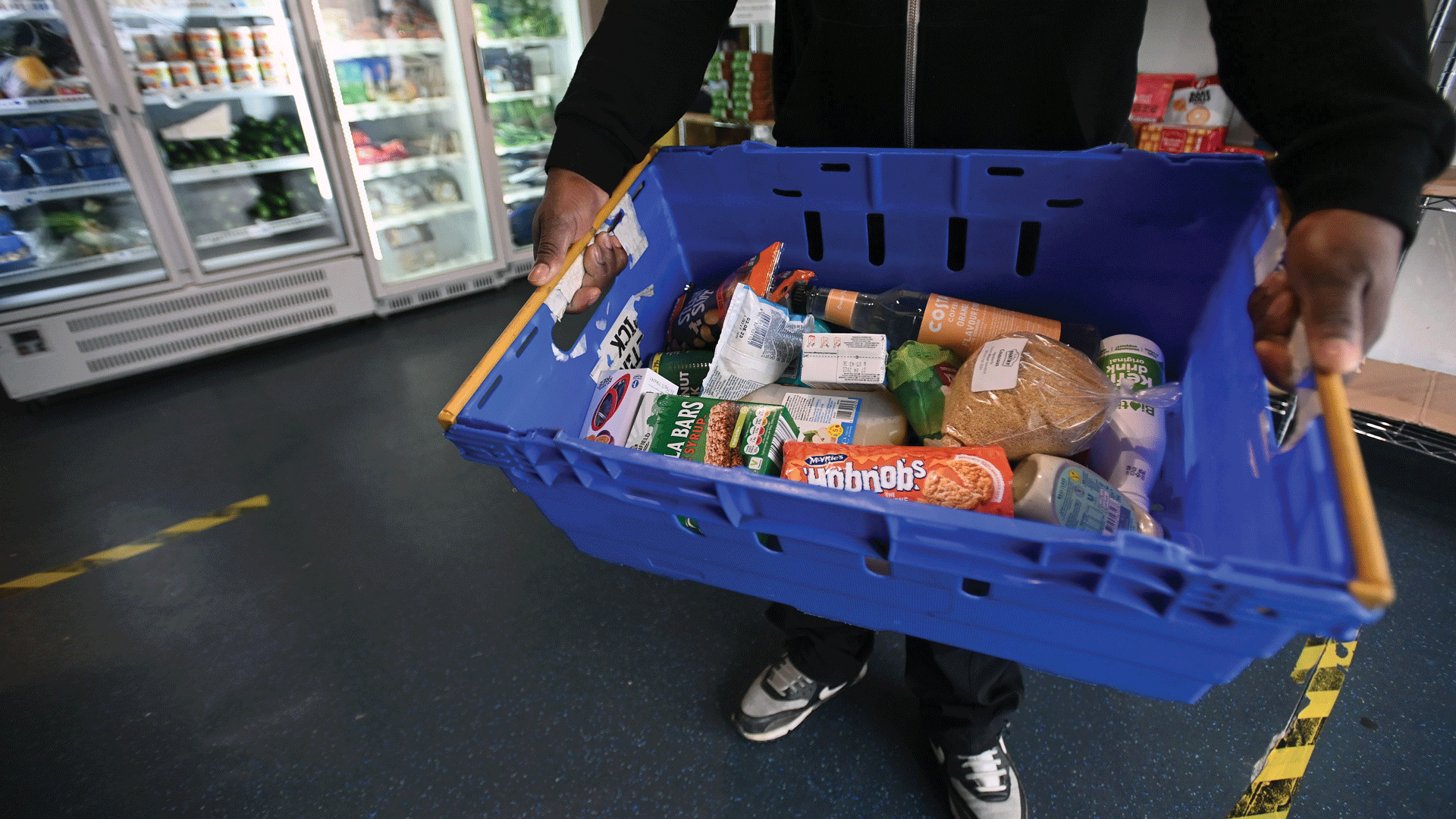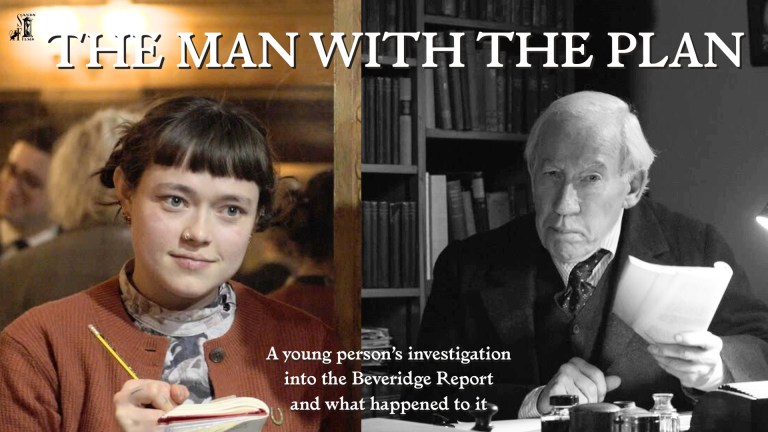Deductions like this play a significant role in driving people into deeper and deeper hardship. Nearly two thirds of people facing deductions from their payments reported that they were experiencing hunger but didn’t have enough money for food. People facing deductions are much more likely to be going without food and other essentials, to struggle paying bills and to end up having to take on more debt as they try to keep their heads above water.
Layla, who has experience of going to a food bank, said when her disability payments were stopped erroneously, the rest of her benefits were reduced too and this meant she did not have enough money to buy food. “It was soul destroying… I didn’t have any options, I didn’t want to have to go to the food bank and to actually accept that help was very hard,” she said.
Millions of people like Layla are having to turn to food banks to get by. But emergency food parcels are not the solution to the systemic failings in our social security system; they are sticking plasters which cannot address the root causes of poverty.
Just over two fifths (46%) of people claiming universal credit are either behind on bills and credit commitments or are finding it a constant struggle to keep up with them.
Meanwhile, in the last three months, a third of people (34%) claiming universal credit have fallen into debt because they couldn’t keep up with essential bills. This cycle of hardship will sadly continue if nothing changes, which is why the government must act now to stop people from being pushed further into hardship.
The Trussell Trust warmly welcomes the government’s six-month extension to the Household Support Fund, which enables local authorities in England to provide vital crisis support so people on the lowest incomes can get the support they need. However, the effectiveness of the fund is being undermined by repeated short extensions which are leaving local authorities in the lurch and the people it supports consumed by worry. We must make this the final short-term extension and use the time to establish a sustainable replacement.
We want to see the government take the first step towards reforming universal credit so that it protects people from going without essentials by committing to introducing a ‘minimum floor’ in universal credit, which would limit the impact of deductions and mean payments cannot be pulled below a set level.
They must also prevent vital existing support for those at the sharpest end of poverty being eroded. We can’t afford to see pressure on households, who are already struggling, increase over the coming months, so the government also needs to commit to ensuring Local Housing Allowance is uprated in line with local rents, to avoid fuelling another spike in homelessness. And they should call a halt to plans for cuts to support for disabled people by tightening the work capability assessment. Nearly seven in ten people referred to Trussell Trust food banks are disabled – reducing support even further would do immense damage.
Recently, prime minister Keir Starmer said the upcoming Budget will be “painful”. While we understand that the Budget will be a difficult one, our findings show that people cannot wait for an economic turnaround to improve their situation.
This cannot be allowed to continue. Our new government rightly called food banks a moral scar, and it is within their power to work towards eradicating the need for them altogether.
The government must deliver on its promise to reform the social security system and make it fit for purpose, ensuring that no one has to turn to a charity to survive.
Helen Barnard is Director of Policy, Research and Impact at The Trussell Trust.
Do you have a story to tell or opinions to share about this? Get in touch and tell us more. Big Issue exists to give homeless and marginalised people the opportunity to earn an income. To support our work buy a copy of the magazine or get the app from the App Store or Google Play.





